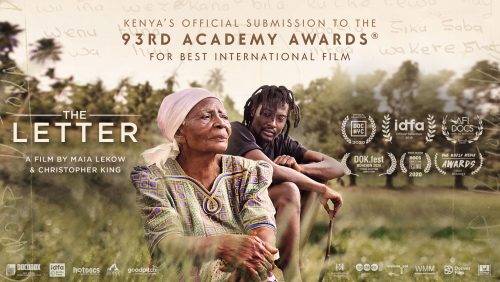
Filmed with a gentle pace and incredible closeness, The Letter is an intimate family portrait that ascends into a dramatic climax of Shakespearean proportions.
Karisa’s city-life is interrupted when his Grandma back home is called a “witch.” Returning to his rural village to investigate, he finds a frenzied mixture of consumerism and Christianity is turning families against their elders, branding them as witches as a means to steal their ancestral land. As Karisa delicately navigates between his disputing aunts and uncles, the love for his grandmother must overcome the imminent danger of the accusations against her.
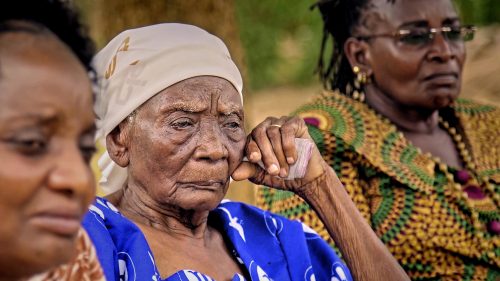
The universal family theme of how property is divided when an elder dies is entangled by traditions of the past and the modern influence of western values and religion. Despite the growing threat of greed and inter-generational alienation, the understated power of women, alongside the resilience of family and community shines above all else.
In 2013, we set out to research the story of the female freedom-fighter Mekatilili, an elderly priestess from the coast who led an armed uprising against the British in 1913. Fighting the confiscation of traditionally-owned land by the colonialists, Mekatilili was eventually imprisoned and persecuted as a witch.
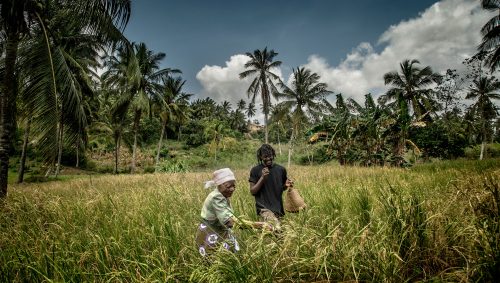
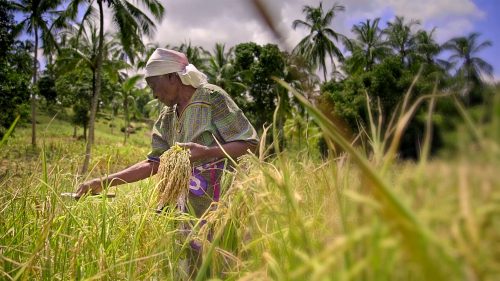
As we spoke with many elders about this oral history, we were saddened to hear of violence happening now against the elderly in the area, due to an outbreak of witchcraft accusations. With local press reporting more than 10 murders every month, these accusations were said to be used as a cover-up for hundreds of family disputes over land, inheritance and religion. Many elders have been displaced, others killed, but many more threatened with anonymous letters.
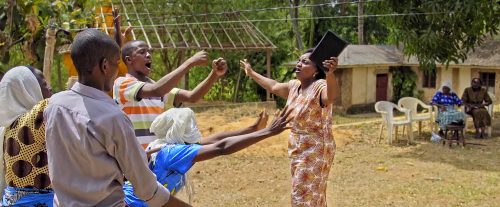
With most press reports going largely unnoticed in the 24-hour news-cycle, we felt an urgency to share this story with the world, through a character-led, feature documentary, to help instigate some very important conversations. We saw the killings as a modern manifestation of the violent colonial past in the area, worsened over time by a disconnected post-independent government, rising evangelism and cut-throat capitalism. In family structures across the world, land is usually owned by the elder, the most respected member of the family, and we knew this story must be told intimately, through the interpersonal lens of a single family.
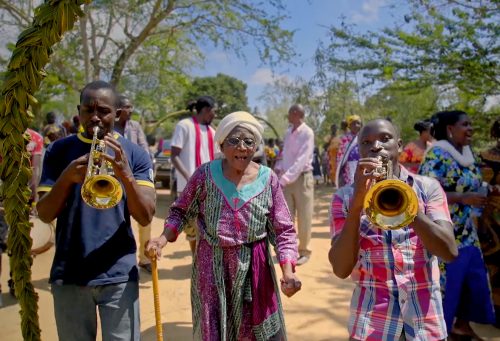
In 2015, we met Karisa Kamango who had recently read a Facebook post by his cousins saying “There’s an elder in our family who is killing our children.” Travelling together to his rural home, we were met warmly by Karisa’s grandmother, Margaret Kamango, and fed cassava and coconut harvested from her fields. Born in 1925 we were enamoured by Grandma’s fearless spirit, despite the hurt and disbelief of the dangerous accusations against her, made by children she helped raise. Each person in the film faces extreme personal risk by openly discussing the taboos around witchcraft, and it is our hope that the bravery of the Kamango family can help break the silent cycle of violence that continues to wreak havoc amongst families across the region.
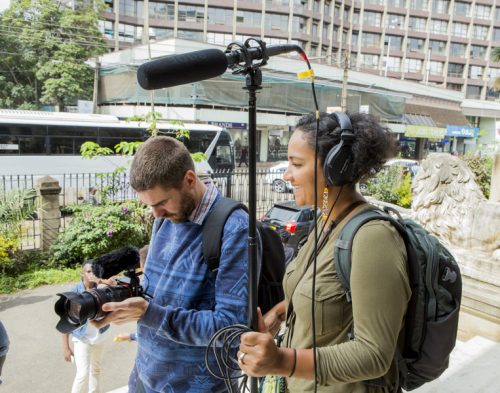
We feel inspired by what we’ve learnt in making our first film, and humbled that The Letter has been chosen to represent Kenya in the 93rd Academy Awards this year. For more information on where you can watch the film, please visit our website.
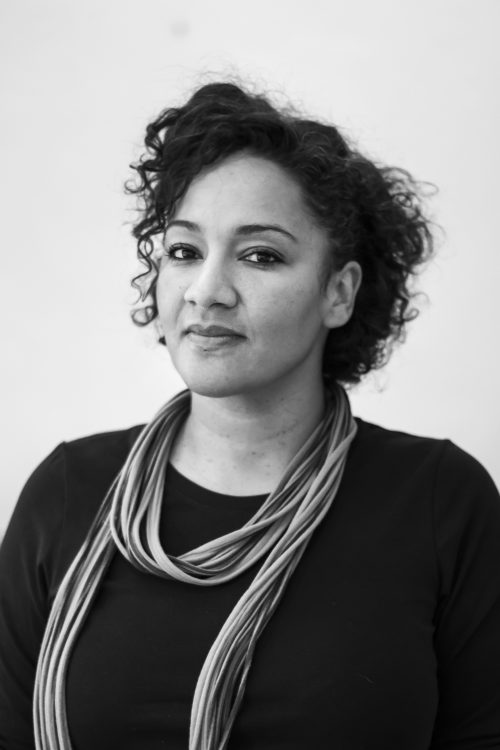
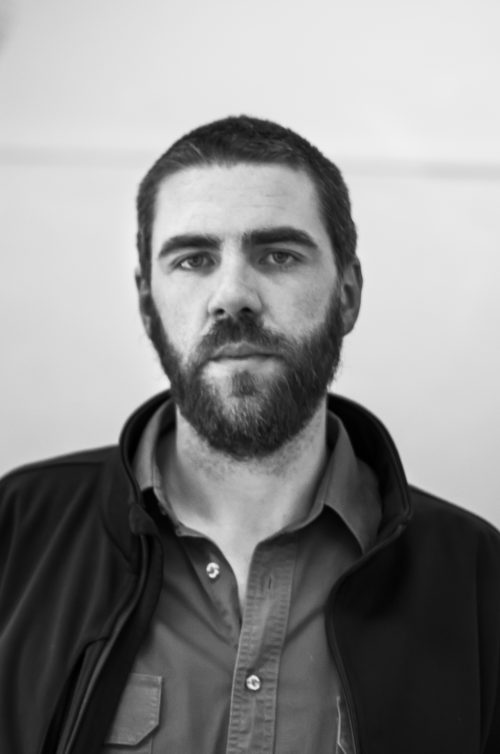
The Letter has been supported by Sundance DFP, IDFA Bertha Fund, Hot Docs Blue Ice, Good Pitch Kenya, Docubox East African Documentary Fund, Visions Sud Est, and Chicken & Egg Pictures. They are currently working on their next film, How to Build A Library, about the story of a dilapidated colonial library in downtown Nairobi, and the two women who are making it relevant to Kenyans today.
Filed under: East Africa Travel
Subscribe for Weekly Stories
Comments (0):

Angama Safari Offers